Active ingredients play a critical role in the efficacy and safety of cosmeceuticals. Join Dr. Sherry Ingraham, as she shares information on a new cosmeceutical formulation. This presentation will include information on the mechanisms of action and benefits.
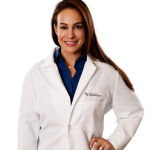
Co-Founder and Co-Director
HOSTED BY

SUPPORTED BY

Watch Video
Active ingredients play a critical role in the efficacy and safety of cosmeceuticals. Join Dr. Jill Waibel, as she shares information on new antioxidant science. This presentation will include information on the mechanisms of action and benefits.
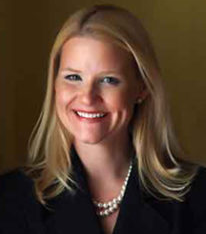
Jill S. Waibel, MD Owner and Medical Director
Miami Dermatology and Laser Institute
HOSTED BY

SUPPORTED BY

Watch Video
Join us for a 60 minute webinar on two unique topics that impact the health and beauty of the skin:
Photoprotection Update – How COVID-19 and Working from Home Changed Sun Safe Behaviors
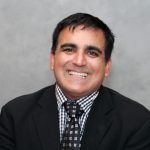 Neal Bhatia, MD, FAAD
Neal Bhatia, MD, FAADDirector of Clinical Dermatology
Therapeutics Clinical Research
Cosmeceuticals for Preventative and Restorative Aging
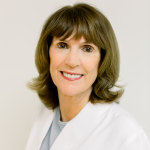 Patricia Farris, MD, FAAD
Patricia Farris, MD, FAADSanova Dermatology
Metairie, LA
HOSTED BY

SUPPORTED BY

Watch Video
Managing Dry Skin Conditions, Including Atopic Dermatitis
Dr. Peter Lio will discuss common factors that lead to dry skin, including various forms of eczema. Dr. Lio will will share clinical data and features and benefits of the new and improved La Roche-Posay Lipikar Balm AP+M, featuring the patented ingredient Microresyl, which can help prevent biofilm formation.
Managing Hyperpigmentation and the Role of OTC
Dr. Kavita Mariwalla will give an overview on how she manages hyperpigmentation in her practice as well as provide an overview on the clinical data and features and benefits of La Roche-Posay Glycolic B5 Serum. This lightweight formula is suitable for multiple skin tones, helps reduce the look of dark spots and discolorations and reveals brighter, more even looking skin. This serum combines concentrated 10% pure glycolic acid, tranexamic acid (TXA), lipo-hydroxy acid, and vitamin B5 for optimal effectiveness while also being suitable for sensitive skin.
SPEAKERS
Peter Lio, MD, FAAD
Assistant Professor of Clinical Dermatology and Pediatrics
Northwestern University, Feinberg School of Medicine
Chicago, Illinois
Kavita Mariwalla, MD, FAAD
Founder
Mariwalla Dermatology
HOSTED BY

SUPPORTED BY

Watch Video
The US Cutaneous Oncodermatology Management (USCOM) project aims to improve cancer patients’ and survivors’ quality of life by offering tools for preventing and managing cancer treatment-related cutaneous toxicities.
The USCOM panel of clinicians who treat cancer treatment-related cutaneous CAEs developed, discussed, and reached a consensus on statements and an evidence-based algorithm supporting prevention, treatment, and maintenance using OTC skincare measures. The algorithm focuses on skincare measures to prevent and treat cutaneous toxicities using prevention measures and a skincare regimen involving hygiene, moisturization, sun protection, and camouflage products. The algorithm aims to improve patient outcomes and sought to determine the best approach for oncology skincare programs for all stakeholders in the US health care setting. These include medical oncologists, family practice/internal medicine physicians, dermatologists, oncology nurses, advanced practice providers (APPs), nurse practitioners (NP), physician assistants (PA), and pharmacists.
SPEAKERS
Mario Lacouture, MD, FAAD
Director
Onco-Dermatology Program
Memorial Sloan Kettering Cancer Center
Professor, Dermatology
Weill Cornell Medicine
New York, New York
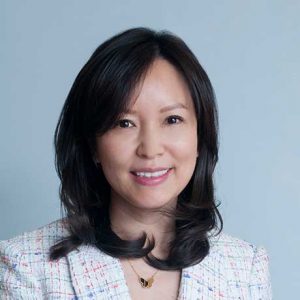 Alice Ho, MD, MBA
Alice Ho, MD, MBA
Radiation Oncologist
Massachusetts General Hospital
Associate Professor
Harvard Medical School
Director of Breast Radiation Oncology
Boston, Massachusetts
HOSTED BY

IN PARTNERSHIP WITH
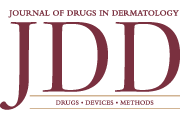
SUPPORTED BY

Watch Video


![]()



 Neal Bhatia, MD, FAAD
Neal Bhatia, MD, FAAD Patricia Farris, MD, FAAD
Patricia Farris, MD, FAAD
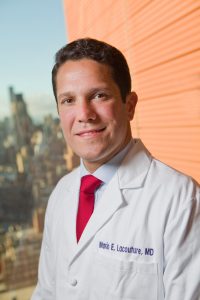
 Alice Ho, MD, MBA
Alice Ho, MD, MBA 
